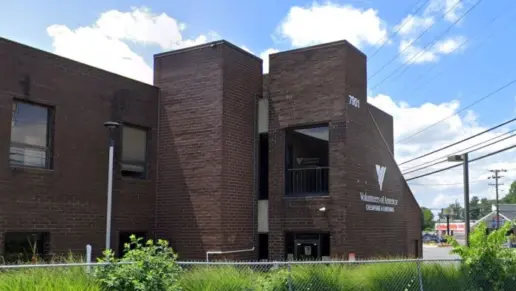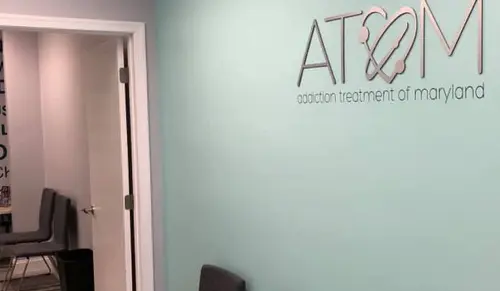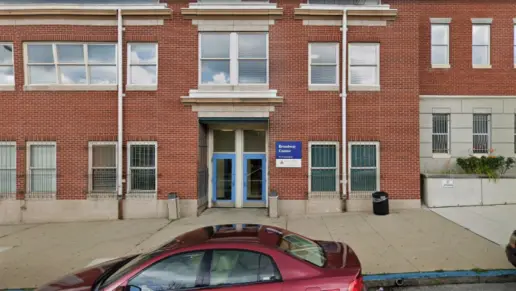I would recommend Powell to anyone seeking treatment. The staff are empathic compassionate and caring. I can get a lot of help from house monitors and they're supportive. The staff are problem solvers and very approachable.
About Powell Recovery Center, Inc.
Powell Recovery Center in Baltimore, Maryland, is a full service alcohol and drug rehab facility. They serve adults struggling with addiction by providing stable housing and treatment services from licensed professionals. They are a clinical facility with modern amenities. Powell Recovery Center is one of the Baltimore area's most extensive addiction treatment facilities. They provide a Treatment on Demand service that seeks to admit applicants 24 hours after contacting the center.
Coping with withdrawal symptoms is one of the biggest hurdles those seeking treatment face; for many, it’s a cause of relapse. Medical staff supports clients during this time to ensure they come out on the other side receptive to further treatment. Withdrawal management uses approved medication and therapeutic techniques.
Many clients come to treatment from unstable living situations. The inpatient program gives clients a safe place to live as they undergo treatment and begin recovery. Staff supervises the facilities.
Clients receive a room, nutritional care, and individual case management to build a foundation for stability. Therapy is the core of treatment and occurs in individual and group settings, focusing on mental health management and life skill development. By the end of the program (which lasts 30 to 60 days, depending on a client’s need), clients are ready to return to their communities, armed with the skills necessary to avoid substance abuse.
Powell Recovery Center’s outpatient program combines therapeutic services with supportive housing for clients who are stable enough not to need close monitoring but still want additional help finding stability. Clients sometimes use the outpatient program as a stepping stone following inpatient treatment. There is a greater emphasis on individual therapies and counseling in the outpatient program, lasting three to five months in total.
Dual diagnosis services help clients with additional mental health concerns, such as bipolar disorder or anxiety, find stability. Licensed professionals will help clients learn healthy coping mechanisms for their mental illness as they receive addiction treatment. The dual diagnosis program integrates into a client’s addiction treatment plan.
Latest Reviews
Rehab Score
Gallery
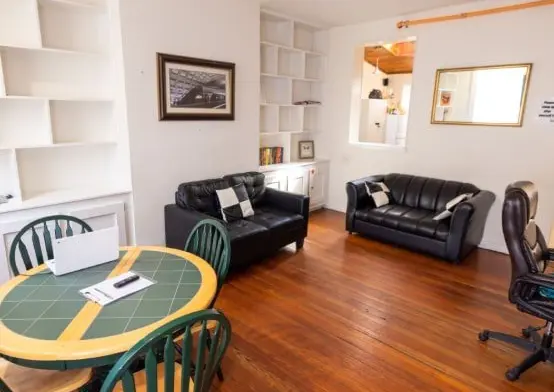
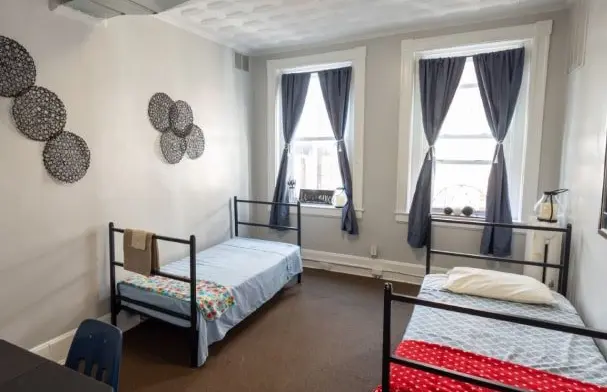
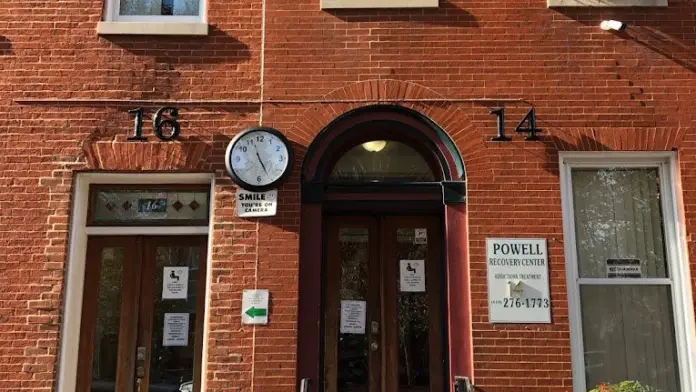
Location
Accepted Insurance

Other Forms of Payment
Private insurance refers to any kind of healthcare coverage that isn't from the state or federal government. This includes individual and family plans offered by an employer or purchased from the Insurance Marketplace. Every plan will have different requirements and out of pocket costs so be sure to get the full details before you start treatment.
Self-pay involves paying for treatment out of your own pocket. You can use savings or credit, get a personal loan, or receive help from family and friends to fund your treatment. If you don't have insurance or your insurance plan doesn't cover a specific program, self-pay can help ensure you still get the care you need.
Sliding scale payments are based on a client's income and family size. The goal is to make treatment affordable to everyone. By taking these factors into account, addiction recovery care providers help ensure that your treatment does not become a financial burden to you or your family, eliminating one barrier to care.
Medicare is a federal program that provides health insurance for those 65 and older. It also serves people under 65 with chronic and disabling health challenges. To use Medicare for addiction treatment you need to find a program that accepts Medicare and is in network with your plan. Out of pocket costs and preauthorization requirements vary, so always check with your provider.
Medicaid is a state based program that helps lower-income individuals and families pay for healthcare. Medicaid covers addiction treatment so those enrolled can use their coverage to pay for rehab. When a program accepts Medicaid the client often pays very little or nothing out of their own pocket.
Military members, veterans, and eligible dependents have access to specific insurance programs that help them get the care they need. TRICARE and VA insurance can help you access low cost or no cost addiction and mental health treatment. Programs that accept military insurance often have targeted treatment focused on the unique challenges military members, veterans, and their families face.
Addiction Treatments
Levels of Care
Treatments
The goal of treatment for alcoholism is abstinence. Those with poor social support, poor motivation, or psychiatric disorders tend to relapse within a few years of treatment. For these people, success is measured by longer periods of abstinence, reduced use of alcohol, better health, and improved social functioning. Recovery and Maintenance are usually based on 12 step programs and AA meetings.
Once a person has become addicted to a substance, drug rehab in Maryland is often necessary to overcome that addiction. These programs provide the tools individuals need to manage the physical, mental, and emotional issues involved and begin a successful recovery journey.
Many of those suffering from addiction also suffer from mental or emotional illnesses like schizophrenia, bipolar disorder, depression, or anxiety disorders. Rehab and other substance abuse facilities treating those with a dual diagnosis or co-occurring disorder administer psychiatric treatment to address the person's mental health issue in addition to drug and alcohol rehabilitation.
A combined mental health and substance abuse rehab has the staff and resources available to handle individuals with both mental health and substance abuse issues. It can be challenging to determine where a specific symptom stems from (a mental health issue or an issue related to substance abuse), so mental health and substance abuse professionals are helpful in detangling symptoms and keeping treatment on track.
Opioid rehabs specialize in supporting those recovering from opioid addiction. They treat those suffering from addiction to illegal opioids like heroin, as well as prescription drugs like oxycodone. These centers typically combine both physical as well as mental and emotional support to help stop addiction. Physical support often includes medical detox and subsequent medical support (including medication), and mental support includes in-depth therapy to address the underlying causes of addiction.
Programs




Clinical Services
Cognitive Behavioral Therapy (CBT) is a therapy modality that focuses on the relationship between one's thoughts, feelings, and behaviors. It is used to establish and allow for healthy responses to thoughts and feelings (instead of unhealthy responses, like using drugs or alcohol). CBT has been proven effective for recovering addicts of all kinds, and is used to strengthen a patient's own self-awareness and ability to self-regulate. CBT allows individuals to monitor their own emotional state, become more adept at communicating with others, and manage stress without needing to engage in substance abuse.
Group therapy is any therapeutic work that happens in a group (not one-on-one). There are a number of different group therapy modalities, including support groups, experiential therapy, psycho-education, and more. Group therapy involves treatment as well as processing interaction between group members.
In individual therapy, a patient meets one-on-one with a trained psychologist or counselor. Therapy is a pivotal part of effective substance abuse treatment, as it often covers root causes of addiction, including challenges faced by the patient in their social, family, and work/school life.
Research clearly demonstrates that recovery is far more successful and sustainable when loved ones like family members participate in rehab and substance abuse treatment. Genetic factors may be at play when it comes to drug and alcohol addiction, as well as mental health issues. Family dynamics often play a critical role in addiction triggers, and if properly educated, family members can be a strong source of support when it comes to rehabilitation.
Engaging in recreational therapy during your addiction recovery provides you with a sense of accomplishment and joy. Art projects, physical fitness programs, and outdoor adventures help support your physical health, improve your mood, and build a supportive community that will help promote a sober lifestyle.
Amenities
-
Gym
-
Residential Setting
-
Private Rooms
-
Hiking
Staff & Accreditations
Staff
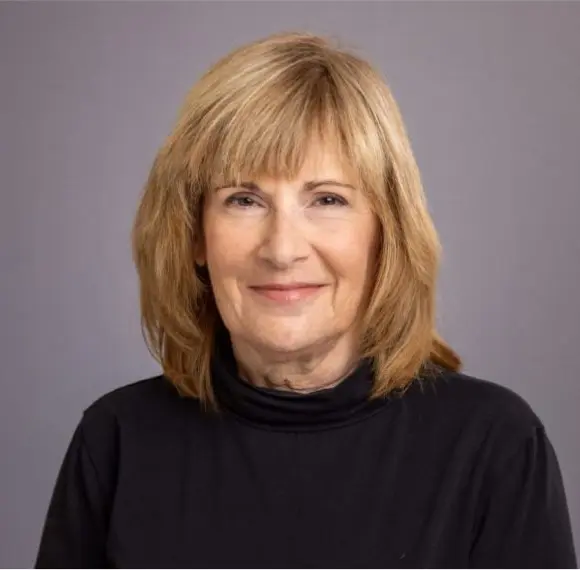
President & CEO
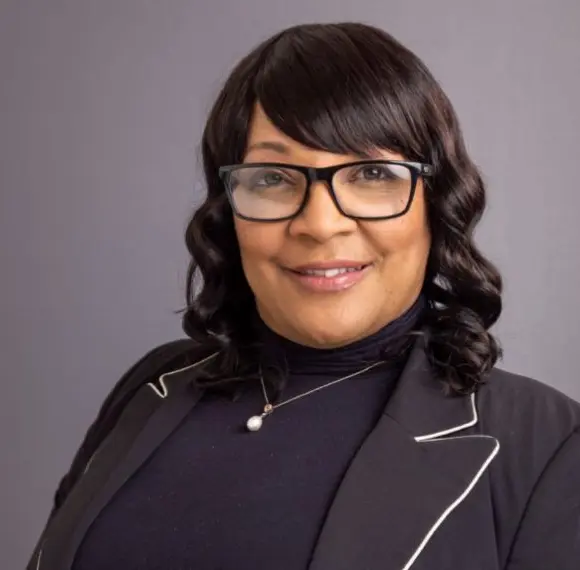
COO
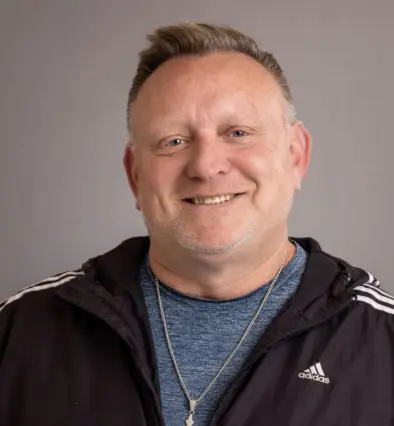
VP, Client Operations
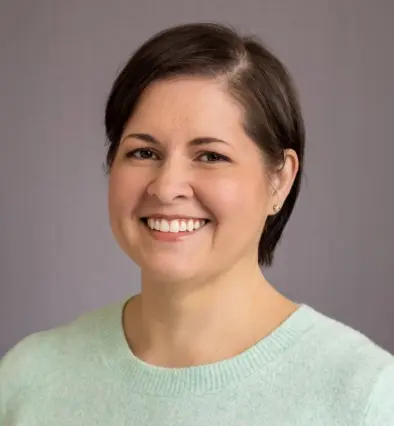
Director, Administration
Accreditations

State Licenses are permits issued by government agencies that allow rehab organizations to conduct business legally within a certain geographical area. Typically, the kind of program a rehab facility offers, along with its physical location, determines which licenses are required to operate legally.
State License: Maryland
License Number: 21771
Contact Information
14 South Broadway
Baltimore, MD 21231










